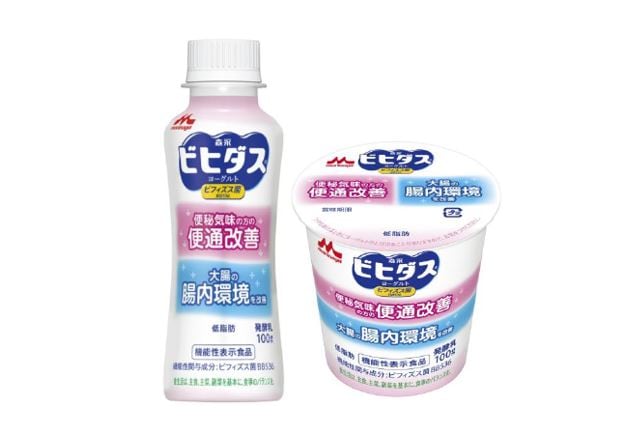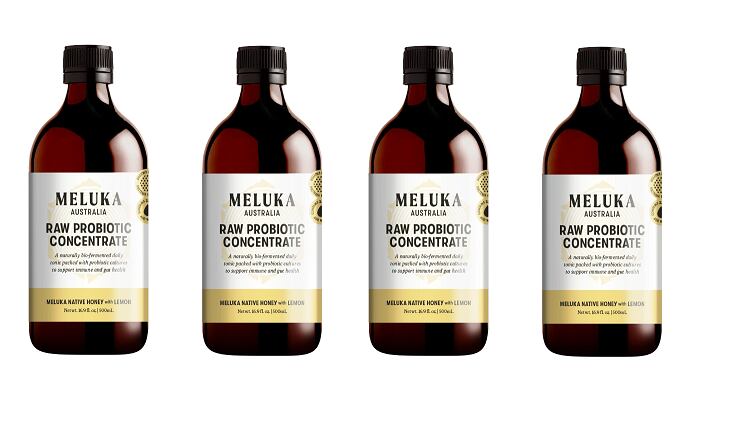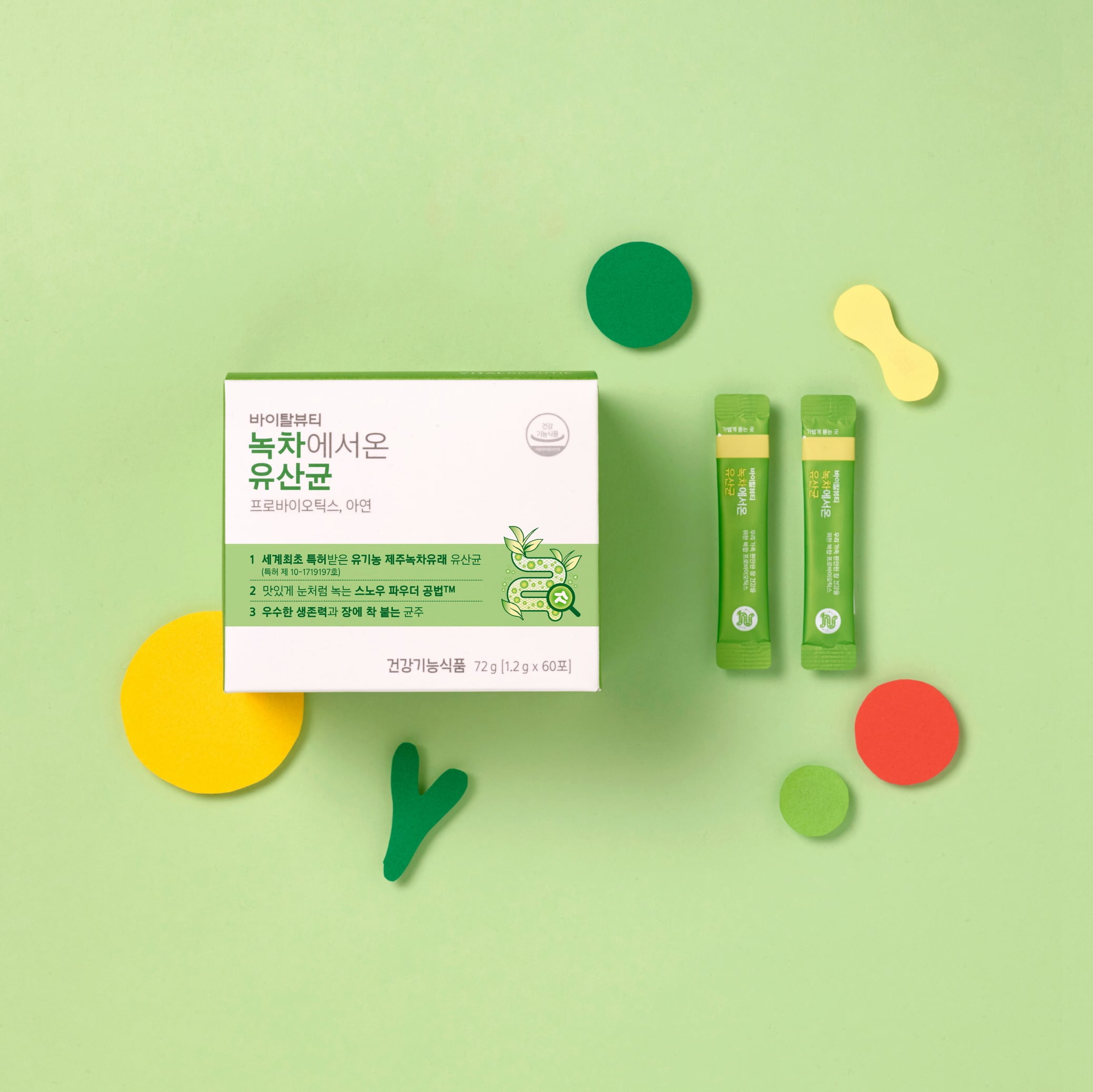In an interview with NutraIngredients-Asia, Dr Wong Chyn Boon, research associate at Morinaga Milk Industry said the company has started selling its powdered infant formula, which is manufactured at its production facility in Pakistan, in January.
“The growing population and expanding economic development of Pakistan offers great potential to increase the powdered infant formula business. Morinaga Milk has established a local joint venture for the production and sales of the formula to serve the local market,” she added.
The firm is also expanding in Indonesia despite the saturated infant formula market there, but Wong said initial sales had been strong.
New focus for Japan market
While the firm is expanding its infant formula business overseas, business in its domestic market is being affected by the ageing population and the declining birth rate.
As such, the company is increasingly tapping into NPD across its wellness business, which provides nutritional products for adults and seniors.
For example, it has developed a powdered milk product for adults called Milk Life, as well as a liquid diet range, and a vegetable jelly product tailored to adults with busy lifestyles.
According to Wong, Morinaga Milk’s sales of this category have increased more than 150% year-on-year from April 2019 to February 2020 in Japan.
BB536 initiative
As part of the firm’s medium-term business plan, it also intends to accelerate the sales of its bifidobacterium longum BB536 probiotic product, including the nationwide launch of Bifidus yogurt - a yoghurt drink designed to improve bowel movements.
Wong said the product is labelled with a Food with Function Claim (FFC) for its functional benefits. “In order to support people who suffer from constipation, we have developed a yogurt product containing BB536 that is easy to incorporate into daily eating habits to improve the bowel movements.”
According to Wong, this yoghurt is the first of its kind in Japan’s dairy market to display a function on improving bowel movements for people with constipation.
Coronavirus impact
Wong added that business in Japan had not been adversely affected by the COVID-19 outbreak, and reflected on the increasing attention probiotics have been receiving for their immunity benefits.
However, she cautioned: “How a nutritional ingredient is going to be able to prepare the immune system to fight off something that humans have never bene exposed to before remains unknown,” but that probiotics remain a feasible approach to maintain overall wellbeing.
She said human-residential bifidobacteria (HRB) probiotics such as BB536 had previously shown to be effective at modulating immune response and reducing the incidence of influenza infections in the elderly.
According to Wong, China’s National Health Commission and National Administration of Traditional Chinese Medicine had also recommended probiotics in the treatment of patients with severe COVID-19 infection, in order to prevent secondary bacterial infection.
“Hence, specific probiotic strains with proven benefits in humans for immunity and against respiratory pathogens might be useful in this outbreak,” Wong said.




